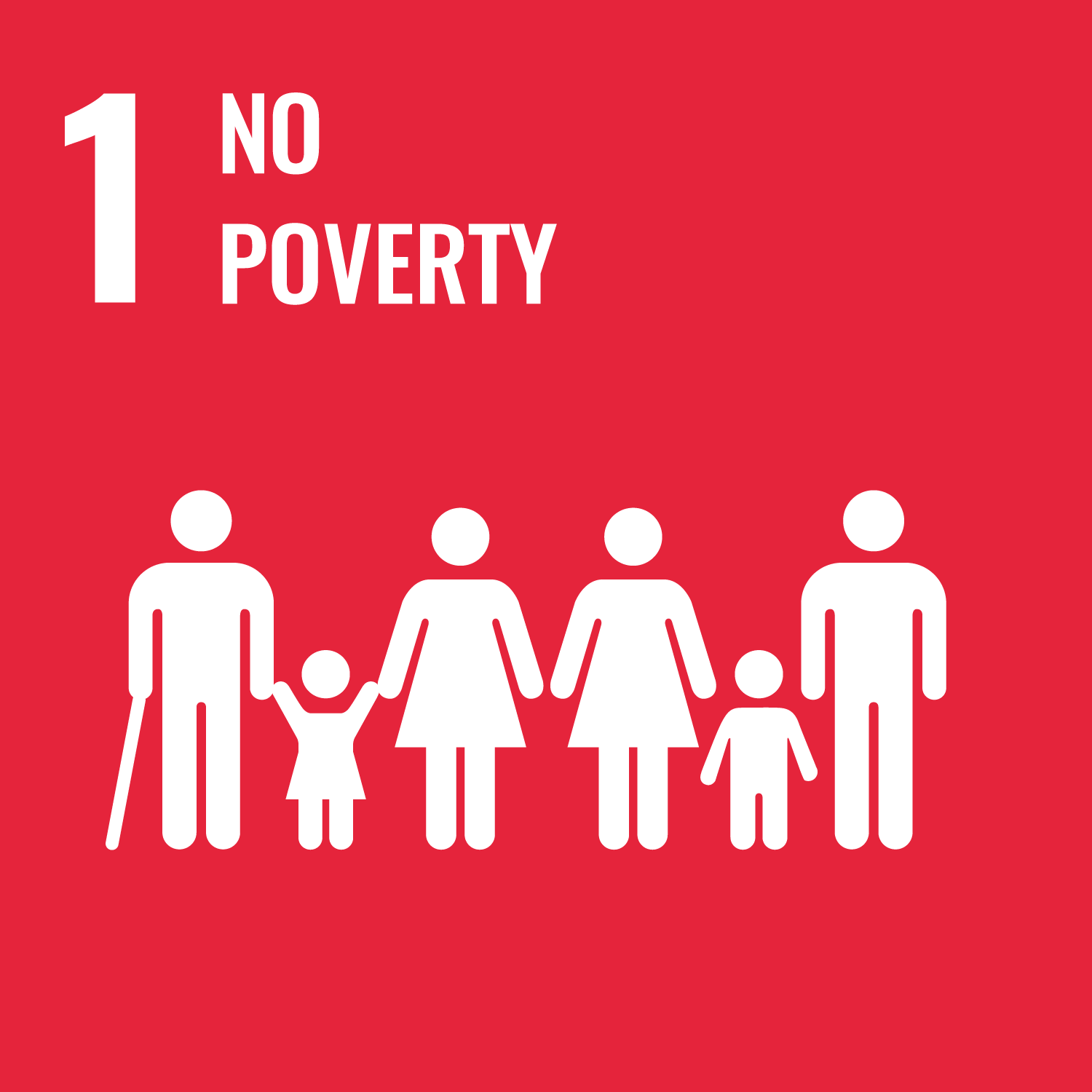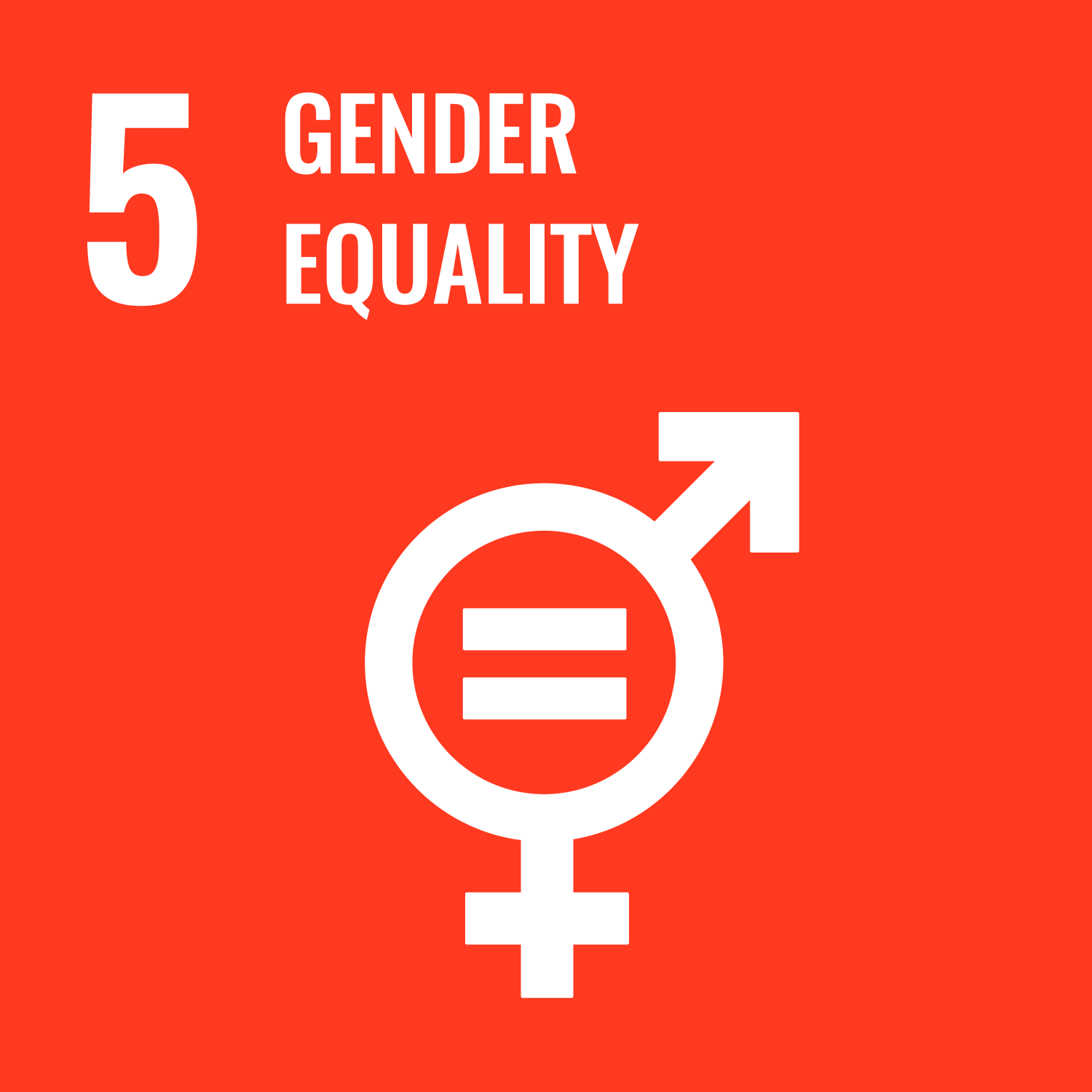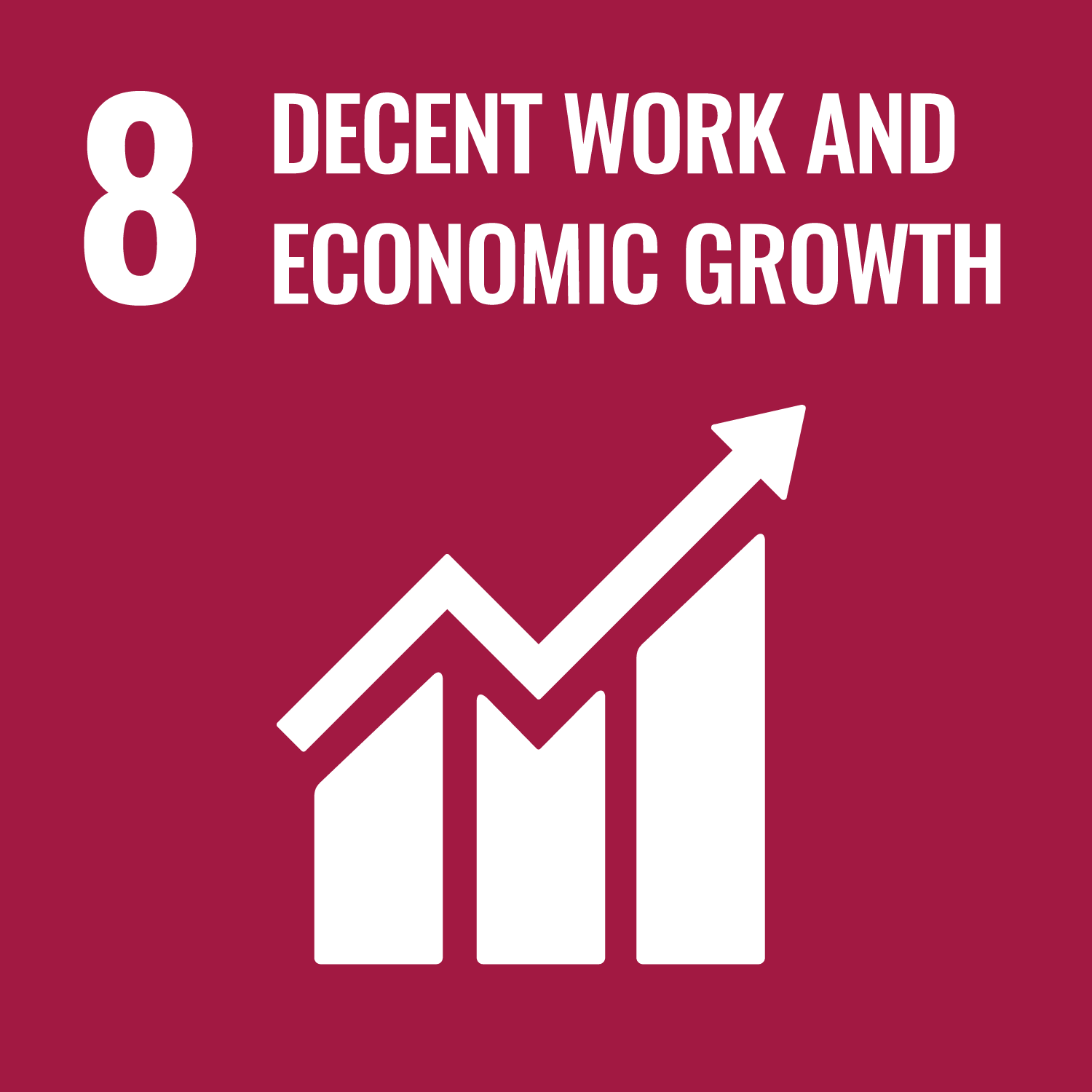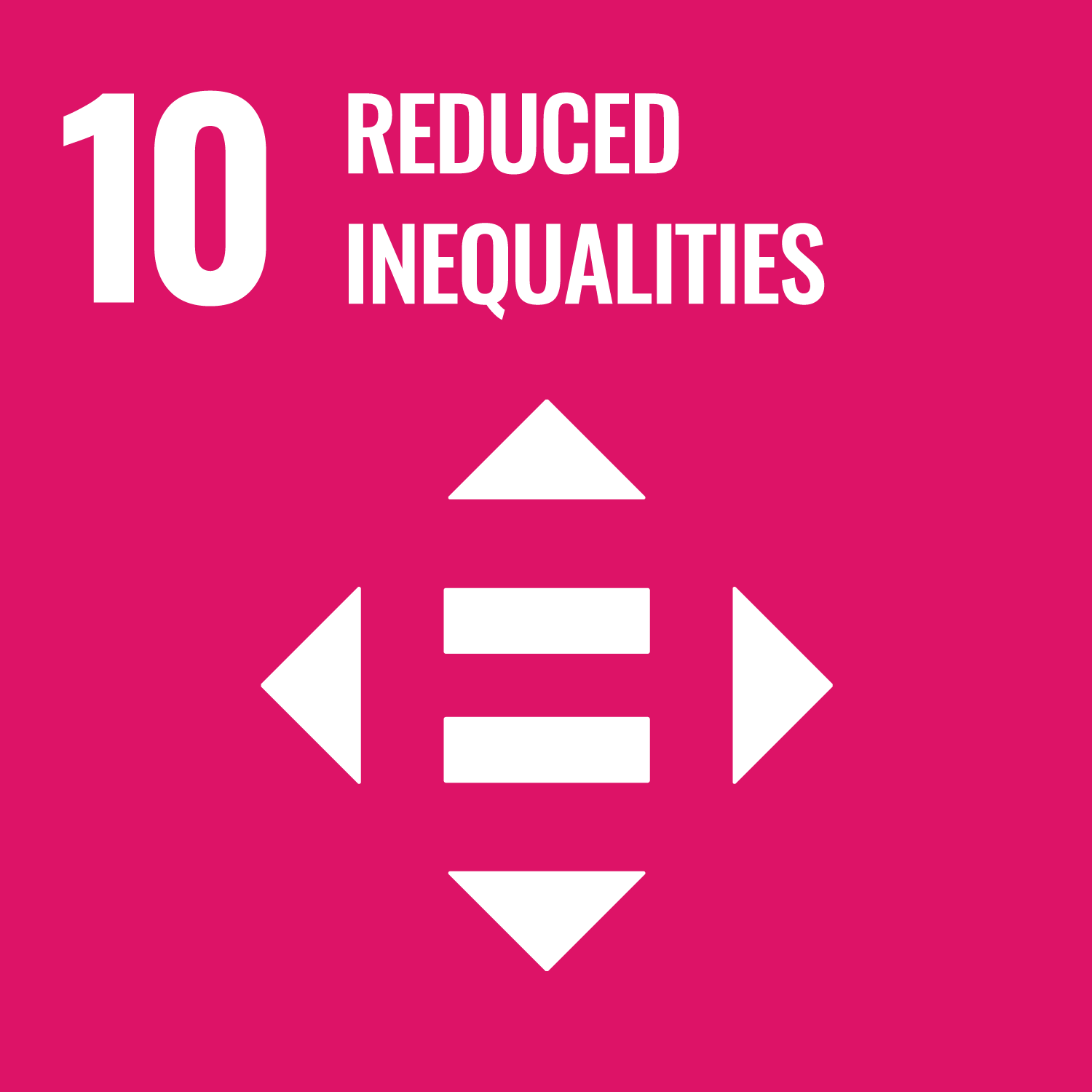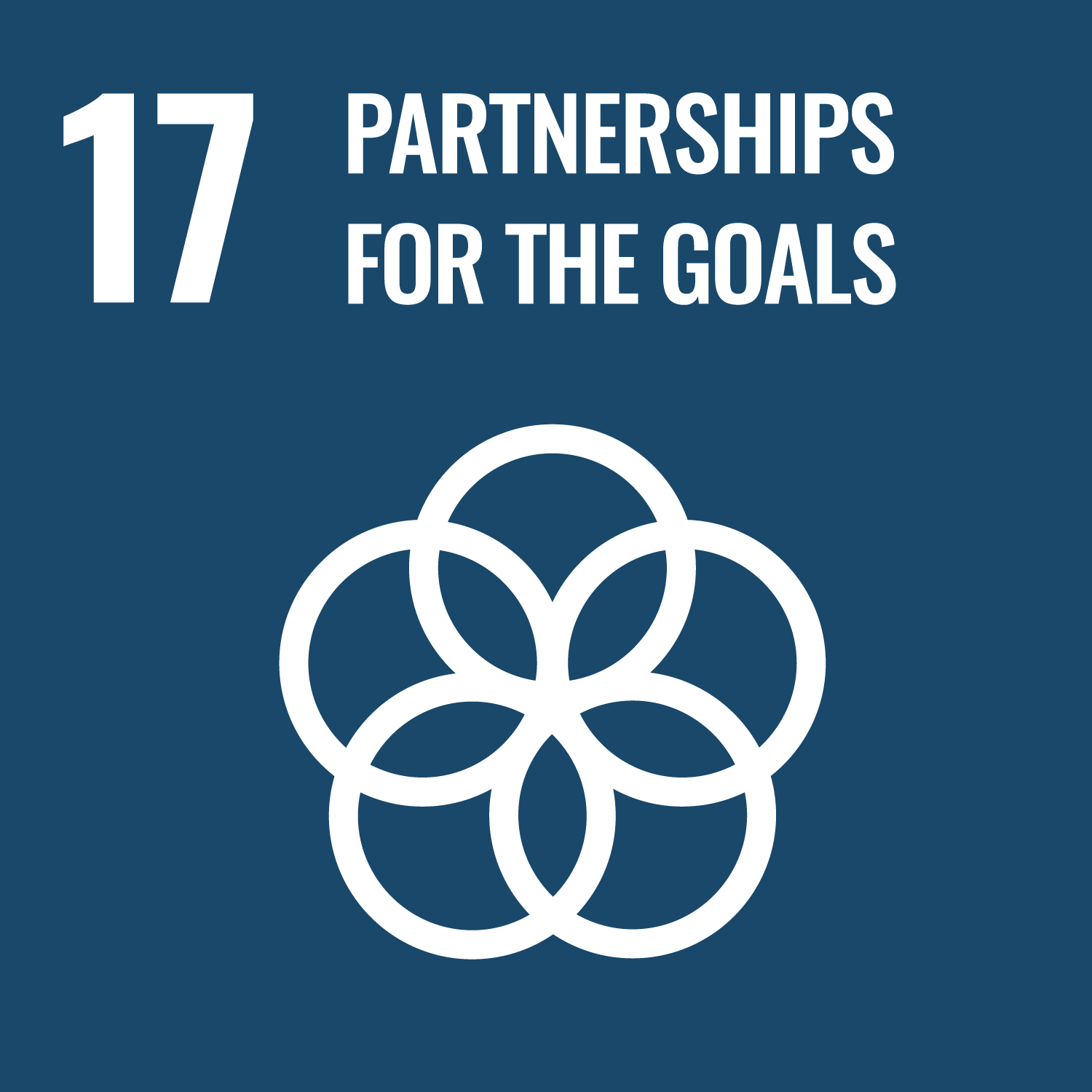
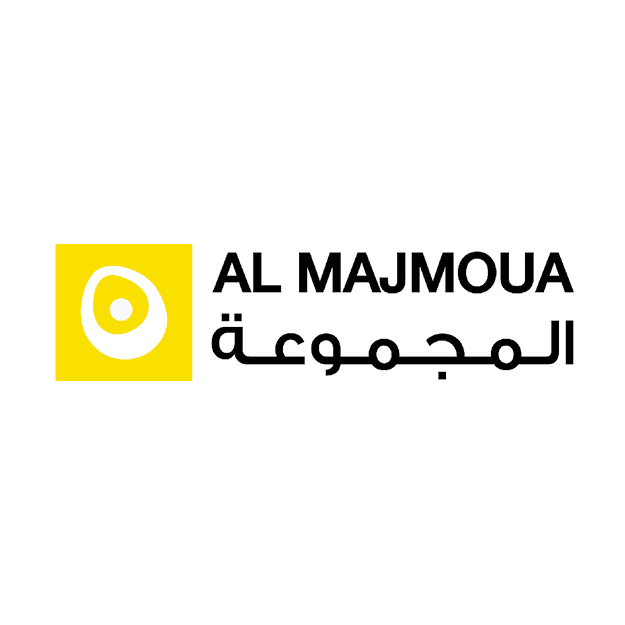
Al Majmoua
Established in 1997, the Lebanese Association for Development (Al Majmoua) is the leading microfinance organisation in Lebanon. It currently has 45,000 active microcredit clients, and 300 employees spread over 28 branches. Initially founded by Save the Children, Al Majmoua provides financial services to low income individuals, especially women, from all nationalities in Lebanon. Al Majmoua also provides non-financial services to both borrowers and non-borrowers, including financial literacy, technical skills training, job placement, apprenticeship, and business development and entrepreneurship services
- Organisation type NGO
- Year founded 1997
- Headquartered Beirut
- Registration Lebanon
- Website https://www.almajmoua.org
Related sustainable development goals
Impact
725k+ loans disbursed
$871m+ value of disbursed loans
Focus areas
Focus sectors
Development
- Business and industry
- Entrepreneurship
- Economic development
- Financial services
- Financial services
- Development finance
- Microfinance
Focus populations
- Domestic workers
- Low-income people
- Older adults
- Refugees and displaced people
- Undocumented immigrants
- Victims of conflict and war
- Widows and widowers
- Women and girls
Focus geographies
Middle East
- Lebanon
Partners
- Babyloan
- Bank Audi
- Bank of Beirut and the Arab Countries (BBAC)
- CashUnited
- CoopMed
- Dutch Entrepreneurial Development Bank (FMO)
- European Investment Bank
- Fransabank
- International Rescue Committee
- Kiva
- La Agencia Española de Cooperación Internacional para el Desarrollo (AECID)
- Lebanese Micro-Finance Association
- Liban Post
- MicroFinance Network
- OMT
- Oxfam
- Palestine Investment Fund
- Palladium
- responsAbility
- Rotary Club of Byblos
- Sanabel
- SANAD Fund for MSME
- Save the Children
- SIDI (Solidarité Internationale du Développement et de l'Investissement)
- Société Générale de Banque au Liban (SGBL)
- Symbiotics
- Triodos Investment Management
- Triple Jump
- Whole Planet Foundation
Programmes
Business development services
Offering micro business training and support for all aspect of their operations, from writing business plans to SWOT analyses, promotion and legal registration.Group loan
For women of all nationalities legally residing in Lebanon for at least six months to help improve their living conditions and start or develop a business.Individual micro loan
Loans for males and females of all nationalities legally residing in Lebanon for at least 24 months to help develop existing businesses or living conditions.Micro plus loan
Loans for small businesses to help them to increase their operating capital by covering the cost of new equipment. Available for men and women legally residing in Lebanon for at least 24 months.Personal development programme
Personal development sessions around gender awareness, women's economic rights, communication, self-confidence, decisionmaking and household budget management. Awareness sessions on children's rights, including domestic violence. Networking sessions for women to make new contacts and gain self-confidence.
Product quality improvement and control
Awareness sessions on food quality, hygiene, and hazard analysis critical control point (HACCP) – designed specifically for food and agri-business micro-entrepreneurs.
Toolkits and equipment
Delivery of business toolkits and start-up solutions packs.
Financials
Funding model
- Loans to Individuals
- Pro bono services
- Pro bono program design and analysis services
Primary funders
- EU - Madad
- Fondation de France
- Impact Lebanon
- Save the Children
Funding source
- Corporate
- Fundraising
- Private
Operations
Key staff
- Youssef Fawaz, executive director
Board members
- Ramzi El Hafez, president
- Nicole Fayad
- Maria Osseimi
- Hussein Rifaï, vice president
- Hanin Abdallah
- Roland Tok
Contact details
- 00 961 3 009 004
- contact@almajmoua.org
- https://www.almajmoua.org
- Al Zarif, Abdel Kader Street, Green Building, ground floor, Beirut, Lebanon
